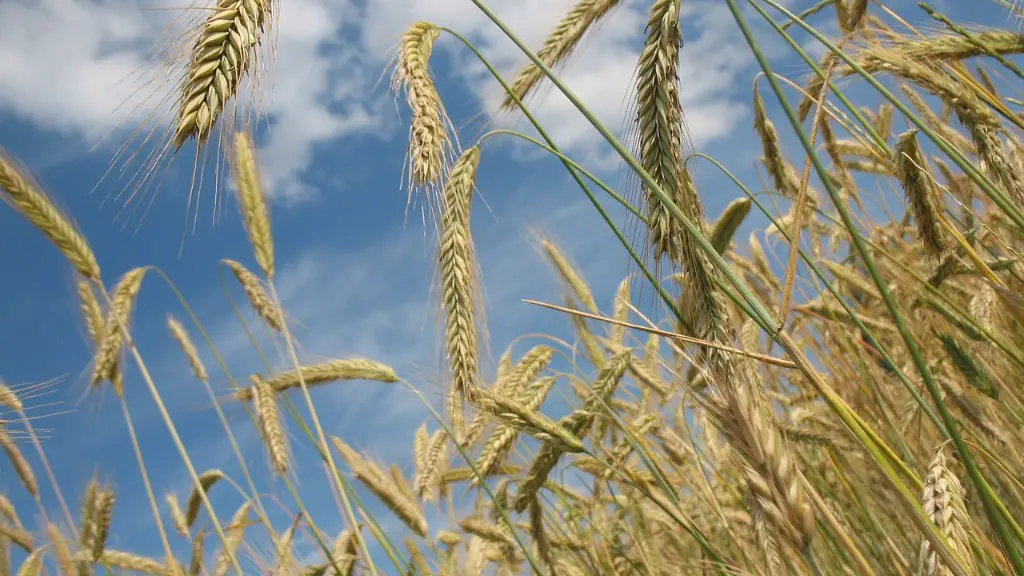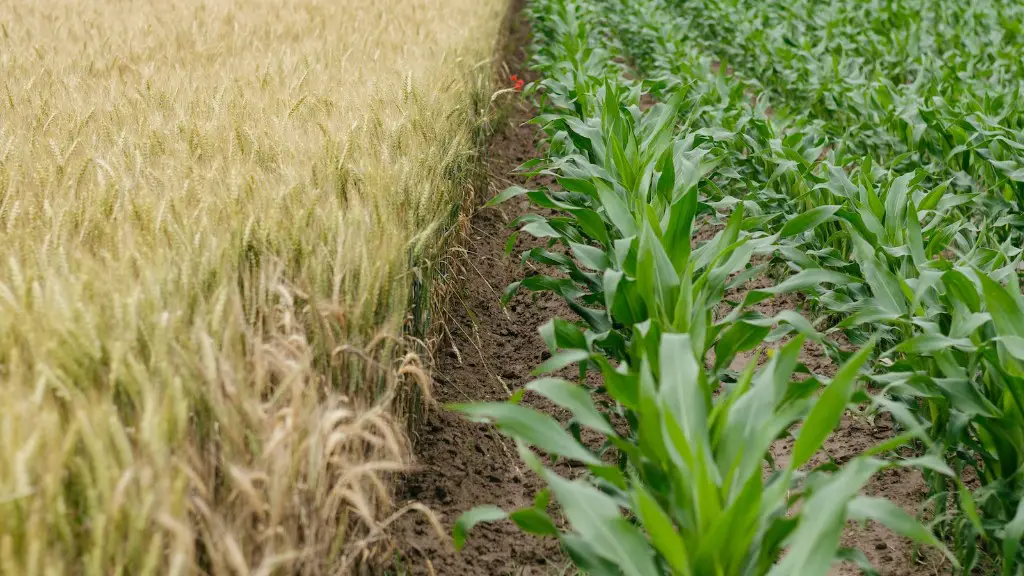Agriculture in Nigeria is a vital industry that provides key resources and employment to the country’s population. But getting an agriculture loan in Nigeria can be a difficult process. In this article, we’ll explore the various methods of obtaining an agriculture loan in Nigeria, and how to go about getting one.
Getting an agricultural loan in Nigeria requires applicants to go through a variety of steps. Firstly, you must understand the different agricultural loan systems available in Nigeria. For instance, the government has a loan program called the Agricultural Credit Guarantee Scheme, which provides guarantees for agricultural loans that are sourced from financial institutions. Other governmental loan programs include the Central Bank of Nigeria Agricultural Intervention Fund and the Agricultural Development Bank.
The second step in obtaining an agricultural loan is to understand the eligibility criteria. Most of these loans require applicants to have a good credit score, and may also require a specific number of years of operational experience in the agricultural business. Applicants may also need to provide proof of collateral, such as land titles or other financial securities.
The third step to getting an agricultural loan in Nigeria is to find and apply to the right financial institution. There are a number of financial institutions that provide agricultural loans in Nigeria, including commercial banks, microfinance banks, and other specialized agricultural lenders. Applicants will need to research the different lenders in their area and compare interest rates, terms, and other factors to find the best deal.
The fourth step is to submit the required documents, including your business plan and financial statements. It is important to be thorough and accurate when submitting documents as these will help the lender to assess your business and make an informed decision about whether or not to approve your loan. In some cases, lenders may also require a personal guarantee from the applicant.
The fifth step is to negotiate the terms and conditions of the loan with the lender. Before accepting any loan offer, it is important to read and understand the terms and conditions carefully. This includes knowing what the repayment structure and duration of the loan will be. It is also important to be aware of any potential risks and ensure that the terms of the loan are manageable.
Finally, applicants must be aware of the implications of taking a loan, such as potential legal repercussions should they default on the loan. It is important to ensure that the loan is affordable, and that it will not put too much strain on the business. Having an accurate budget of income and expenses is also important to ensure that loan payments are made on time.
Types of Agriculture Loans in Nigeria
There are a variety of different agricultural loan types available in Nigeria, and each of these has varying eligibility criteria and loan amounts. Some of the most common types of agricultural loans in Nigeria include the Central Bank of Nigeria’s Universal Service Financing Scheme, the CBN Agricultural Development Fund, and the Agricultural Credit Guarantee Scheme.
The Universal Service Financing Scheme provides financing for smallholder farmers and artisanal fishers in Nigeria, and is designed to help them increase their income and build long-term sustainability. This loan program offers a range of flexible financing options and significantly lowers the risk of default. It also helps facilitate access to markets, training and input services.
The CBN Agricultural Development Fund is a specialized loan program that enables farmers to access financing for their agricultural projects. The program targets smallholder farmers, youth, women and groups, and offers a variety of financing packages to suit their different needs. The loan terms and interest rates are highly favorable, and the repayment period is typically structured to make payments easier.
The Agricultural Credit Guarantee Scheme provides guarantees for agricultural loans sourced from financial institutions. This program helps alleviate some of the risks associated with agricultural lending and provides borrowers with more favorable loan conditions. The loan is offered at very competitive interest rates, and in most cases repayment periods range from six to twelve months.
Finally, there are a number of specialized agricultural loan programs, such as the Smallholder Agriculture Credit Project and the Farmers Support Scheme. These programs provide tailor-made loan packages for specific agricultural activities, and are specifically designed to meet the needs of the rural population in Nigeria.
Applying for Agriculture Loans in Nigeria
When applying for an agricultural loan in Nigeria, applicants must first determine what type of agricultural loan is most suitable for their needs. In addition to this, applicants must also prepare the required paperwork, such as a business plan and financial statements, and have a strong credit score.
Applicants must then take the time to research the different lenders available in their area. Most lenders will require applicants to provide proof of collateral, such as land titles or other financial securities, as well as a personal guarantee for the loan. After researching lenders and finding the best deal, applicants can then submit their application.
It is also important to negotiate the loan terms before signing the agreement with the lender. It is important to understand the fees, interest rates, and the repayments schedule, and to ensure that the loan can be fully paid off within the loan period.
Legal Implications of Taking an Agriculture Load
When taking an agriculture loan in Nigeria, it is important to be aware of the laws and regulations applicable to the loan. The Central Bank of Nigeria has stringent rules and guidelines in place to regulate agricultural lending, and failure to adhere to these can result in legal repercussions. It is important to understand the various legal aspects of an agricultural loan before signing the agreement with the lender.
In addition to this, it is important to note that defaulting on a loan can have serious implications. Defaulters may be sued for breach of contract and could be liable for a range of legal actions, including being forced to give up assets, being blacklisted from future loan approvals and even having their property repossessed. It is essential to make sure that the terms of the loan are manageable, and that the loan can be paid off in full and on time.
Final Considerations
When taking an agriculture loan in Nigeria, it is essential to be fully aware of the process and the potential risks involved. Applicants need to be sure that they can afford the loan, and that they understand the legal implications of taking an agricultural loan. Additionally, applicants must be sure to research available loan providers and negotiate the loan terms to ensure that they are getting the most favorable deal.
Finally, applicants must ensure that they are fully aware of all the eligibility criteria and conditions of the loan. This includes understanding the terms and conditions of the loan, the interest rate, and the repayment period. Taking the time to understand the loan agreement and all its terms can help to ensure that the loan is beneficial for the applicant in the long run.




